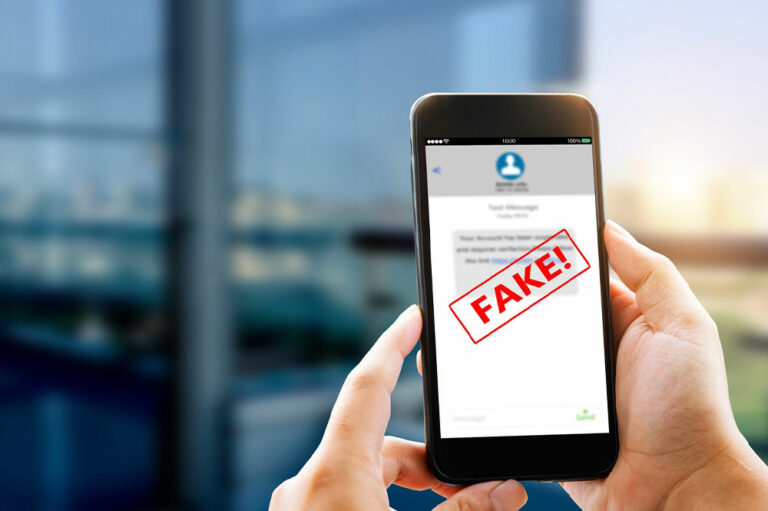4 types of banking scams and how to avoid them

Scamming is a common concern today, with many people losing hard-earned money to online hacking, fraud, and phishing. Over 2 million frauds are reported in the country each year. What started off with seemingly harmless spam messages has evolved into phishing emails and malware activity. Further, fraudsters can pose as banks and other financial institutions to get one to divulge confidential information. So, here are a few banking scams to know:
1. Credit card scams
Here, one may receive calls from someone claiming to be a representative of their respective card company. They might share a link to let one update their profile or application or even upgrade their credit card. One might even receive calls saying the card issuer is checking for possible fraudulent activity in their account. This is a believable claim, so one should verify the caller’s details, seek official communication from the caller over mail to check credentials, and avoid clicking on any links till then. If one suspects wrongdoing, they should block the phone number of the caller and call the official bank helpline number to verify the details.
2. Check overpayment scams
This is a common way of scamming those who participate in online auctions. They may be paid a bogus check for more than the amount they were promised. After the deposit has been made, the victim is contacted by the scammers to return the extra amount. Instead of blindly doing what they are being told by a stranger, one should verify the details of the transaction carefully. Any payment notification of an amount received from a stranger or a relatively unknown person should be a red flag. Further, one should talk to their bank first or check their statement to verify such transactions.
3. Employment scams
Here, scammers may try to gain a job applicant’s personal information or convince them to buy some “equipment” or “training programs” for the job. However, a legitimate employer will never ask for money. The promise of work should not come at a cost. So, one should avoid falling for such schemes and avoid engaging any further with employers who ask to be paid for background screening, training, or anything that increases one’s potential of landing a job. If one is asked to share personal banking information upon being hired, they should first verify the employers and company are legitimate.
4. Charity fraud
Charity is a great way to get one to spend some money. Here, one may run into fake organizations with names resembling those of well-established charities. So, one should do their research and choose a trusted charitable organization.










